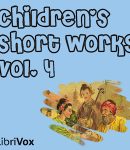
Children’s Short Works, Vol. 004
LibriVox’s Children’s Short Works Collection 004: a collection of 11 short works for children in the public domain read by a variety of LibriVox members. [chương_files]




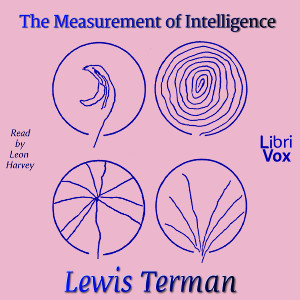
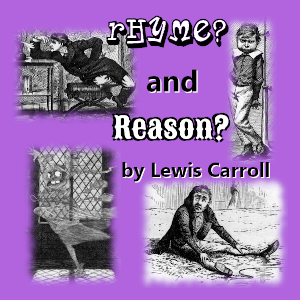
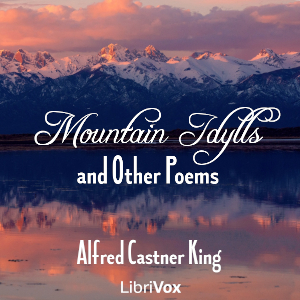
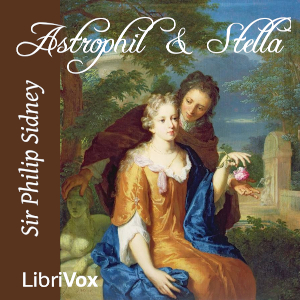
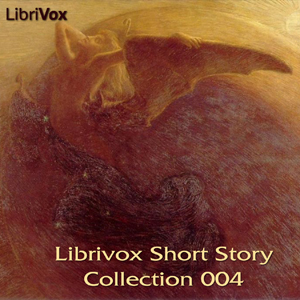
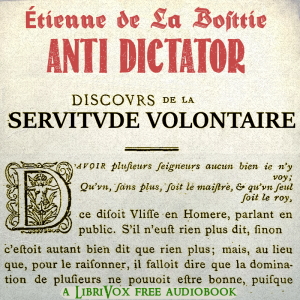


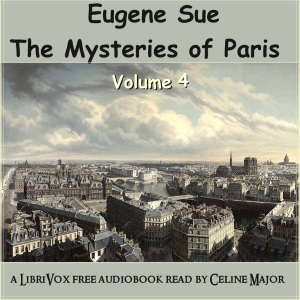

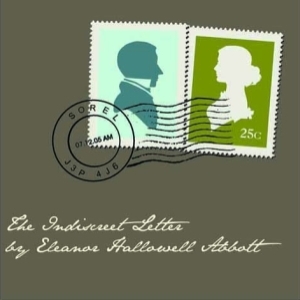
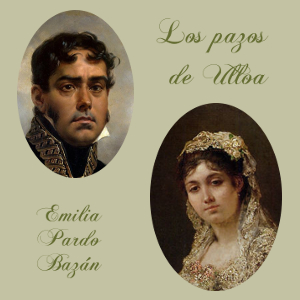
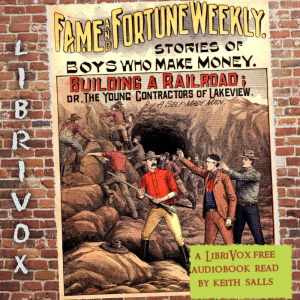

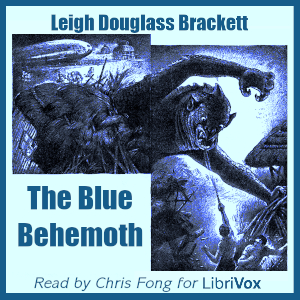

LibriVox’s Children’s Short Works Collection 004: a collection of 11 short works for children in the public domain read by a variety of LibriVox members. [chương_files]
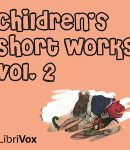
Librivox’s Children’s Short Works Collection 002: a collection of 10 short works for children in the public domain read by a variety of LibriVox members. [chương_files]
English Bards and Scotch Reviewers was first published anonymously in 1809 with Byron only identified as the author in the 2nd edition. Byron wrote this satire after his first book of poems Hours of Idleness received “strong censure” in the Edinburgh Review. Byron used heroic couplets in imitation of Alexander Pope’s The Dunciad to attack the reigning poets of romanticism, including Wordsworth and Coleridge. Byron suppressed this work after the 5th edition, possibly because he came to regret some of the criticism that he had made. (Summary by Alan Mapstone and wikipedia) [chương_files]
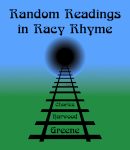
An ecclectic collection of poems by Charles Harwood Greene. A little humor, a little dry wit, and sometimes an unexpected twist. Works include The Railway Solitare, The Lottery Mania, and The Baker’s Wife. (Summary by Krista Zaleski) [chương_files]
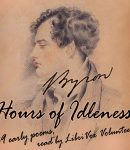
Hours of Idleness was Byron’s first book of poems published when he was only 19. In it he experiments with various poetic styles and provides translations of, and poems written in imitation of, earlier mainly classical poets. The book received strong criticism on publication to which Byron responded with his poem English Bards and Scotch Reviewers. (Summary by Alan Mapstone) [chương_files]
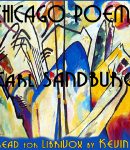
“Chicago Poems” was Carl Sandburg’s first collection published by a mainstream publishing house. This slender volume contains at least two of Sandburg’s best known poems: “Chicago” and the haiku-like “Fog.” (Summary by KevinS) [chương_files]

This is a very impressive collection of some of the best sonnets from the pen of the incomparable William Wordsworth. The appreciation that Wordsworth had for the beauty of his surroundings is vibrantly exhibited in these selections, as are his feelings on love, friendship, society, conflict, history, the supernatural and indeed the art of poetry itself. And what better vehicle for the elegant articulation of a master poet’s thoughts and inspirations than the sonnet, an art form ideally suited to assertion, verbalization and contemplation. In these sonnets, we witness Wordsworth’s poetic expertise at its best in superb descriptions of nature’s splendor which he astutely juxtaposes with his reflections on a world that is “too much with us,” a world in which, “man for brother man has ceased to feel.” The sanctuary that Wordsworth found and which forms the basis for the inspiration displayed in many of these sonnets was the magnificent Lake District of England, which he depicted as, “At happy distance from Earth’s groaning field, / Where ruthless mortals wage incessant wars.” Such a sanctuary the poet would have wished for us all, and indeed provided the means for at least our vicarious enjoyment in the form of these enduring and timeless works of art. – Summary by Bruce Kachuk [chương_files]
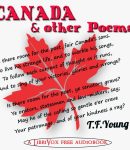
From the author’s preface: I wished to do something for my country, and chose this method of doing it. The literature of this country is in its infancy. It must not always remain so, or the expectations we have in regard to making it a great nation, will never be fulfilled. Literature gives life to a nation, or rather it is the reflection of a nation’s life and thought, in a mirror, which cheers, strengthens and ennobles those who look into it, and study what is there displayed. Literature must grow with our nation, and, when growing, it will aid the latter’s progress in no small degree…I dedicate this little book of mine to the Canadian public. – Summary by T. F. Young [chương_files]
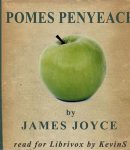
James Joyce published three volumes of poetry during his lifetime including Pomes Penyeach. This simple booklet was published in 1927 in Paris. The poems were written over a twenty-year period beginning in 1904 and are arranged chronologically in the booklet. This thin collection reveals some of Joyce’s humor. “Pomes Penyeach” plays with the French word for apples—pommes. The booklet was sold for a shilling, that is 12 pennies. (12 francs.) That the collection of poems is actually 13 in number mirrors the Irish tradition of the “tilly,” something like the well-known baker’s dozen. In fact, the first poem’s title is “Tilly.” The wrap of the booklet was printed on apple green colored paper. These details must be credited to Richard Ellmann. (Summary by KevinS) [chương_files]
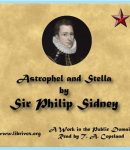
Sonnet sequences, which these poems by Sidney made very popular in the Elizabethan age, reflected the Medieval motif of courtly love, whereby a wretched lover courts an unavailable woman, typically married already and faithful to her vows. The poet, although unsuccessful, is a slave to her beauty and virtue, which, by pulling in opposite directions, hold him in an agonizing tension that prolongs the sequence. Sidney wrestles creatively, though, with the restrictions of the ancient conventions. The first line of the first poem declares him an iconoclast, for he defies the very definition of a sonnet by using iambic hexameter. This opening poem, therefore, is no sonnet, and besides, it portrays the beloved as (at least initially) a sadist, an extreme exaggeration of the typical beloved’s aloofness. The following poems fall more or less into line with the conventions, the speaker’s adoration displayed against a background of the reproaches, self-contempt, self-pity, and indignation that the lady’s behavior inspires. Moderns find Sidney’s language difficult partly because its antiquity has rendered many words obsolete, partly because word order is (doubtless deliberately) tortured, but also possibly because of the Italian vogue for asprezza ‘roughness.’ In addition, many of the poet’s allusions puzzle modern readers. In the Elizabethan age, readers shared with writers a common heritage of lore that they enjoyed using almost like a code: Rather than saying simply “Plato,” Sidney writes, “The wisest scholar of the wight most wise by Phoebus’ doom,” referring to Socrates, whom a god’s oracle had declared the […]
Copyright © 2024 | FreeAudible